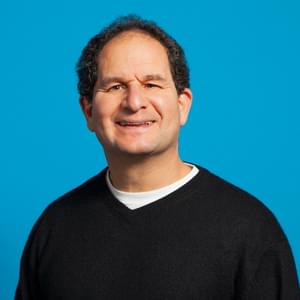A recent editorial in Nature, the international weekly journal of science, called on scientists and doctors to refuse to participate in executions: “Don’t advise, don’t prescribe, don’t inject. Let the death penalty die a natural death.” Noting that courts are now considering whether the death penalty by lethal injection should be outlawed as inhumane, the editorial points out that the procedure was largely developed without the input of physicians, nurses, or scientists. It also notes that research has shown that prisoners might still be conscious, though paralyzed, when potassium chloride goes through their veins and stops their heart. Their editorial states:
Can the death penalty by lethal injection, as practiced in 37 US states, be outlawed as inhumane? The courts are considering this question, which can be separated from the more familiar one about the morality of capital punishment.
Their judgements are complicated by the fact that, since the procedure came into use three decades ago, few physicians, nurses, or scientists have had anything to do with it. Physicians and nurses are ethically barred from assisting. Yet it is the dominant method in the United States, and has been used to kill more than 800 prisoners there.
Some information has emerged on the workings of the three-drug injection, however. One analysis (L.G. Koniaris et al. Lancet 365, 1412 – 1414; 2005) suggests that 43% of prisoners might still be conscious, although totally paralysed, when the potassium chloride rips through their veins on the way to stopping their heart.
There are powerful arguments for abandoning the death penalty, regardless of its morality. DNA, for example, has helped prove many death-row inmates innocent, exposing the flaws of an irreversible sanction. And statistical analyses indicate that the death penalty is disproportionately administered to minority populations.
Earlier this year, a California court told state authorities that they must persuade an anaesthetist to oversee an execution, come up with a new protocol for lethal injections — or face a hearing on whether the punishment is inhumane. The last option looks likely.
If suitably qualified individuals refuse to help prepare a new protocol, the state will face the prospect of continuing to use amateurs to kill people with arbitrary and outmoded technology.
Scientists often abjure political activities, and could in this case argue that they are merely providing a basis from which police-makers can make decisions. But this decision must be taken by the physicians and scientists themselves. All that is required is a refusal to participate. Men and women of science and medicine should stand shoulder to shoulder on this. Don’t advise, don’t prescribe, don’t inject. Let the death penalty die a natural death.
(Nature, May 4, 2006). See Editorials, New Voices, and Method of Executions.
New Voices
Mar 21, 2024


